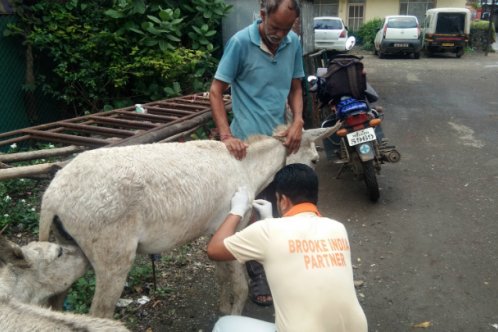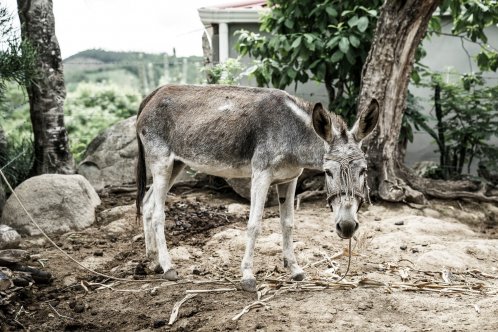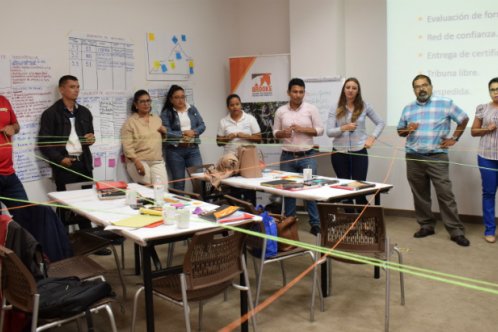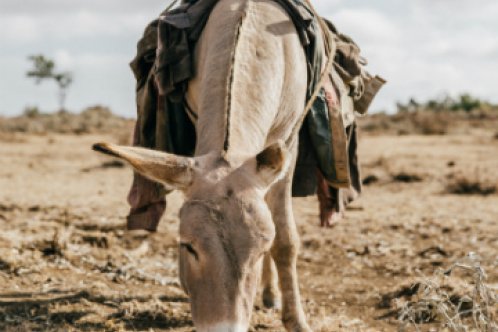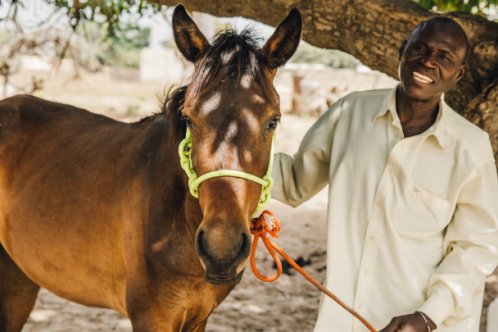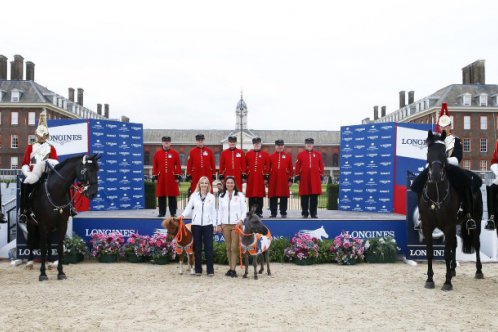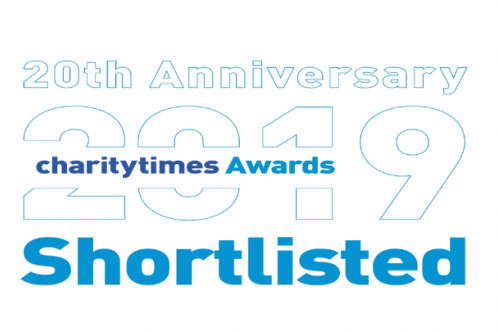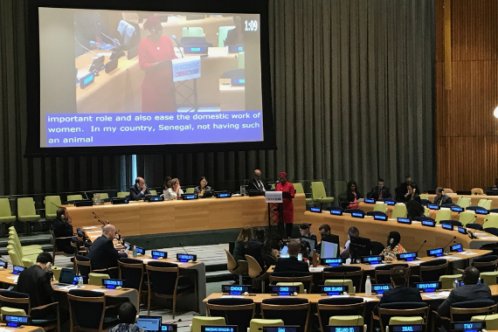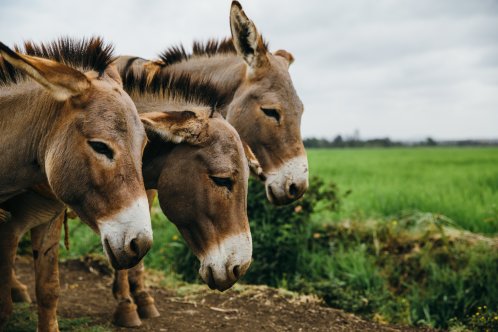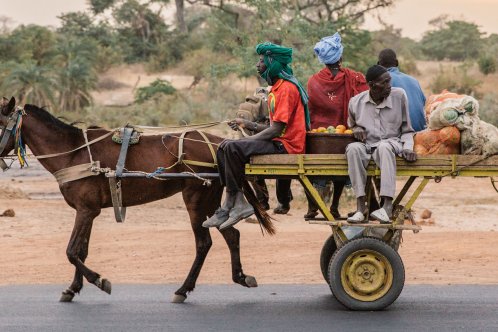Brooke India provided treatment and relief to almost 1400 working equines and their owners in the states of Maharashtra and Gujarat following devastating floods and landslides during July and August.
News & Blog
Read the latest news and views about our work around the world.
Brooke Newsletter | Publications and policies | Key facts about Brooke | Media enquiries
Thomson Reuters Foundation today published an article highlighting how the trade is affecting donkey owners, and how slaughterhouse staff had acted aggressively towards the reporter and her driver.
Brooke Central America has been working with the Nicaraguan government ministry responsible for disaster preparedness (SINAPRED), to promote the importance of addressing livestock needs in emergency response, and the use of the Livestock in Emergencies Guidelines (LEGS) as a key means to do this.
Brooke has gained accreditation as an observer to the United Nations Environment Assembly (UNEA) of the UN Environmental Programme, giving the charity a key opportunity to participate in and influence the UN Environment’s governing bodies and place working equids on the agenda.
Brooke has launched a new global project to ensure that working animals receive better handling and, as a result, experience improved welfare in the long term.
Brooke was thrilled to be a charity partner at the Longines Global Champions Tour in London over the weekend of 2-4 August.
Brooke has been nominated as Charity of the Year (with an income over £10 million) at this year’s Charity Times Awards, taking place in London on 2 October.
At the High Level Political Forum (HLPF) on Sustainable Development Brooke addressed the United Nations at a plenary session attended by high-level representatives from Government, the private sector, civil society and academia.
Brooke is calling for a ban on the trade of donkey skins in Kenya and a crackdown on cross border smuggling of donkeys into Kenya for their skins. This follows an increase in the slaughter of donkeys and an outbreak of disease thought to be linked to the trade.
Brooke is attending the High-Level Political Forum (HLPF) on Sustainable Development, 9 - 19 July 2019

